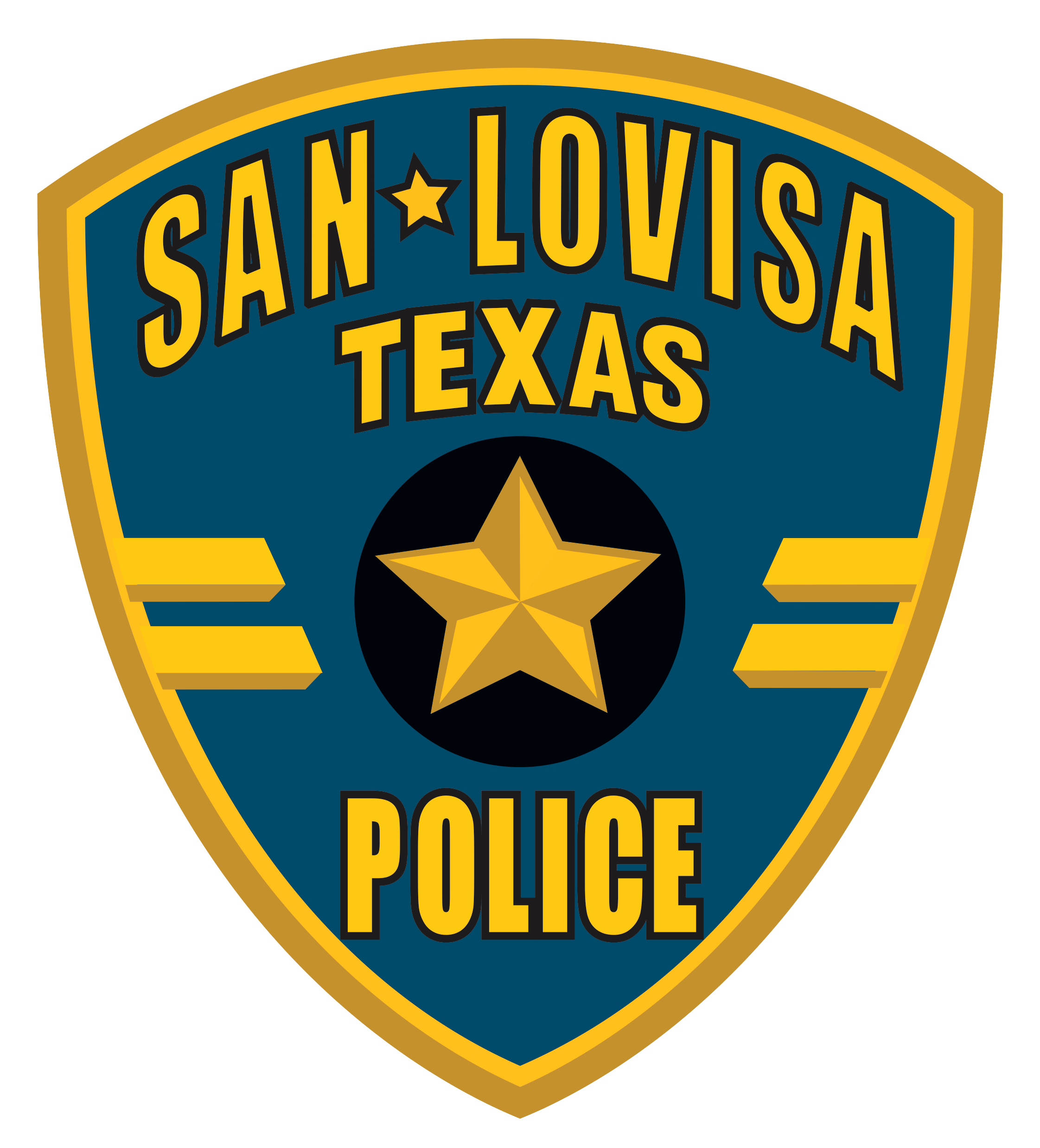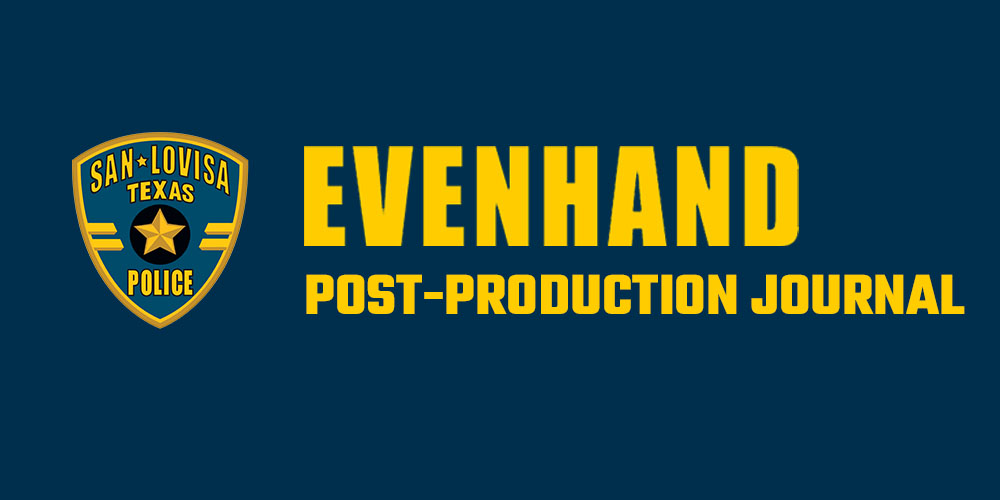
Posted: Mon., Nov. 25, 2002, 8:42pm PT (variety.com)
Published in Weekly Variety, Dec. 2-8, 2002
EVENHAND
A Cypress Films production. Produced by Fernando Cano II, Joseph Pierson. Executive producer, Jon Glascoe.
Directed by Joseph Pierson. Screenplay, Mike Jones. Camera (Duart color), Tim Orr; editor, Alex Albanese; music, Joel Goodman; original songs, Mike Doughty; production designer, Gary Ledyard; costume designer, Yvonne Wilburn; sound (Dolby Digital), Allen Greene; supervising sound editor, Garrett Kerr; assistant director, James Borrego; casting, Susan Jasso, Kim Moarefi. Reviewed at AFI Film Festival (American Directions), L.A., Nov. 14, 2002. Running time: 92 MIN.
Ted Morning……………………………………Bill Sage
Rob Francis…………………………………..Bill Dawes
Toby……………………………………Io Tillett Wright
Carla…………………………………………Irene Pena
Victor…………………………………….Hector Garcia
David Mather………………………………Lee Stringer
By SCOTT FOUNDAS
Evenhand” revels in the prosaic nature of everyday work and the rigors of public service. Helmer Joseph Pierson’s year-in-the-life of two beat cops in fictional San Lovisa, Texas, is borne from the same social-realist spirit as the films of Laurent Cantet and Ken Loach, and unfolds in a gentle, unhurried fashion that’s increasingly rare in American independent cinema. This richly observed character piece, a tall Texas tale of a muggy summer afternoon, looks to make the festival rounds, with limited theatrical exposure hardly out of the question.
Mike Jones’ screenplay hurls itself into the semi-absurd realities of police work with a zeal that recalls the best of Joseph Wambaugh. Located far from the realm of adolescent superhero fantasies, “Evenhand’s” two newly partnered-up officers, Francis (Bill Dawes) and Morning (Bill Sage), may be the first movie cops that real cops will be able to fully relate to since Bill Paxton’s sheriff in “One False Move.”
“Evenhand” follows Francis and Morning as they go about their daily business, busting vagrants, graffiti artists and juvenile delinquents. Francis, who has just transferred to San Lovisa after going through a divorce, is the idealist who goes out of his way to be nice to everyone and for whom “Serving our community” is more than just a slogan affixed to the side of a police cruiser. Conversely, Morning is the gregarious big-man-on-campus, who plays by his own rulebook where police work is concerned. At one point in the film, Morning chases down a suspect and hog-ties him with the skill of a champion rodeo rider.
But “Evenhand” is much less concerned with what makes Francis and Morning different than what makes them alike — namely, their shared commitment to doing the best job they can, given the circumstances. Jones and Pierson capture the frustration of public service — the way that trying to do the right thing, day-in, day-out, can wear a noble man down. They understand the one-dimensional, black-and-white depiction of cops and buck the trend.
Pic’s strongest asset is Sage, who gives a triumphantly snarling/funny/wounded performance in the movie’s showiest role. Jones (who is a Texas native) and Pierson (who isn’t) have really done their homework here, so that the fictional San Lovisa comes to life on the screen with a vividness of local atmosphere such as most movies have forgotten about. “Evenhand” is a film all about looking beyond familiar surfaces.


